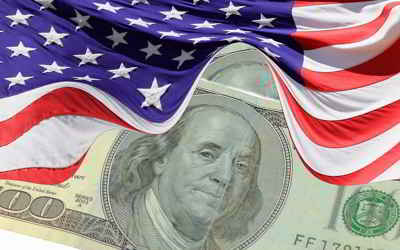Iowa Economy
Agriculture and Industry in Iowa
Iowa economy is a set of human and social activities and institutions related to the production, distribution, exchange and consumption of agriculture and industry goods and services. The balance between Iowa various economic sectors differs largely between various regions and other states in the US.Iowa Agriculture and Industry
Iowa's real gross state product in 2012 was estimated to be $129,799 which was $57,641 and 31% lower than the national state average, $187,440. Iowa has the 30th highest GSP out of the 50 states.
Iowa's fertile soil makes the production of grain, particularly, corn a central part of the state's economy. Hay and oats are also major crops.
Corn grown in Iowa is used to feed livestock, making cattle and pig production another important element of the economy. In 1997, Iowa led the nation
in the production of corn, soybeans, hogs, and pigs, and ranked in the top ten states in the raising of cattle. Today, Iowa's farm income ranks second
in the US
Agriculture also benefits the state's chief industry, food processing. Many factories in Sioux City and Cedar Rapids process farm products. Cement
is the most important mineral product; others are stone, sand, gravel, and gypsum. Mineral production is small, however.
Iowa Agriculture:
Hogs, corn, soybeans, oats, cattle, dairy products.
Iowa Industry:
Food processing, machinery, electric equipment, chemical products, printing and publishing, primary metals.
The state's total gross state product for 2003 was $103 billion. Its per capita income for 2003 was $28,340. Iowa's main agricultural outputs are hogs, corn, soybeans, oats, cattle and dairy products. Its industrial outputs are food processing, machinery, electric equipment, chemical products, publishing and primary metals. Iowa produces the nation's largest amount of ethanol. Des Moines also serves as a center for the insurance industry.

US economy is relies on private decision-making ("economic freedom")




